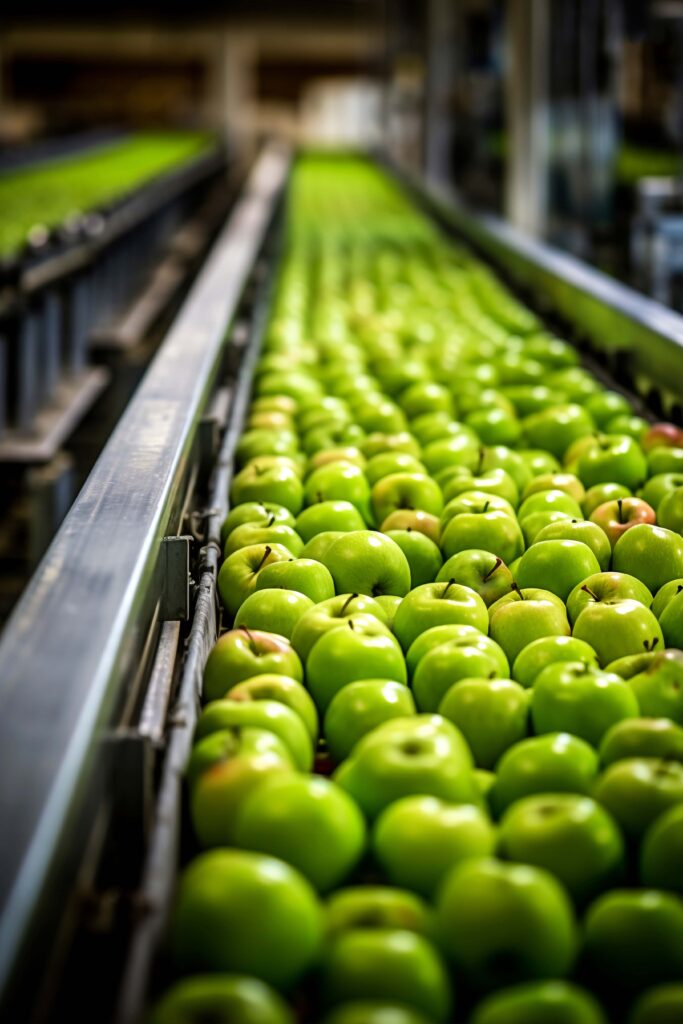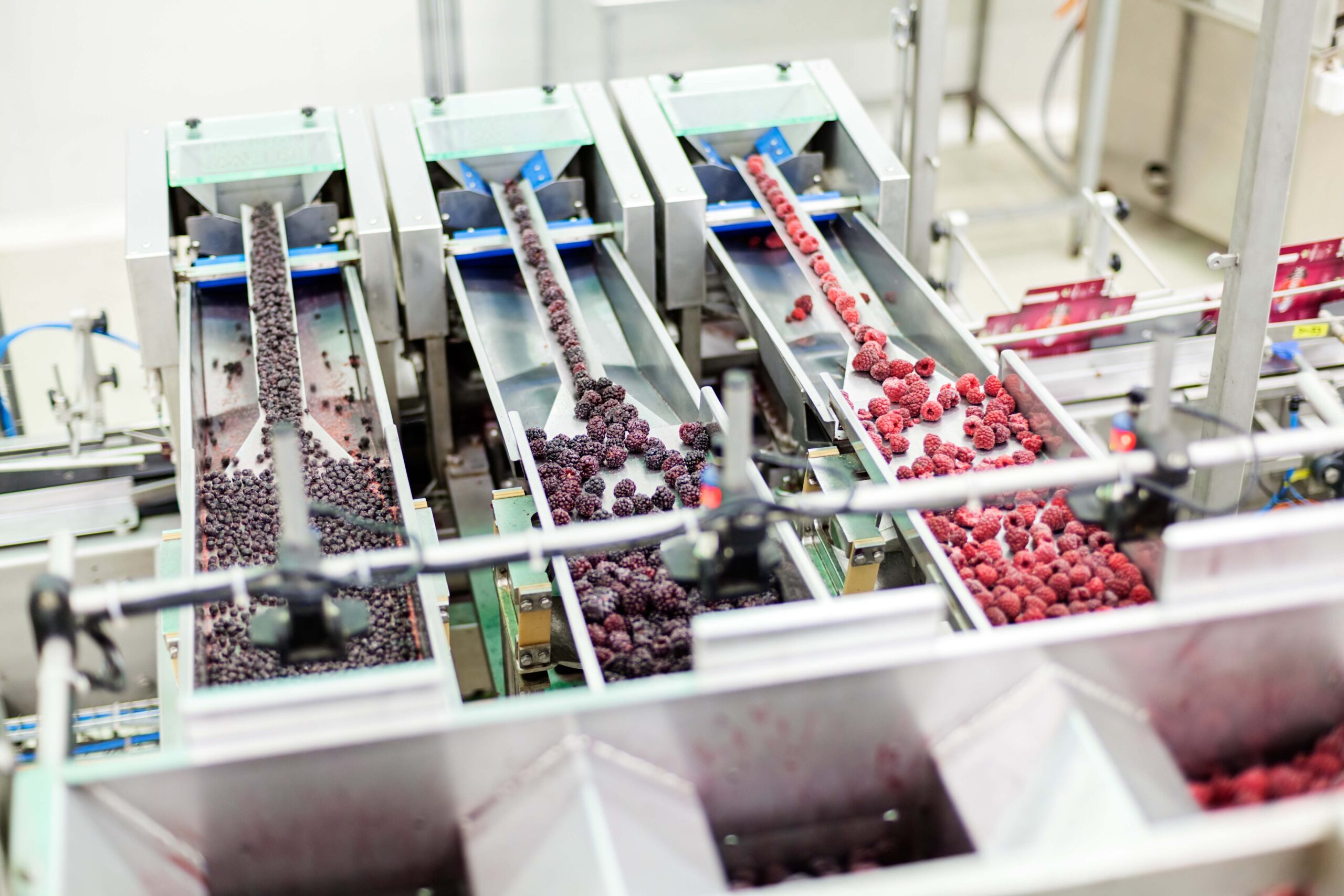Developing the agro-processing sector could significantly boost South Africa’s economy
Primary agriculture contributes around 2.5% to South Africa’s gross domestic product , which is a relatively small proportion considering that agricultural land represents almost 80% of the country’s total land area. However, the sector’s overall contribution, including the value chain, is substantially higher, contributing 10,3% in 2023 (up from 7.8% in 2021)¹.
The agricultural sector’s prominent role in the economy stems from its connections to other sectors. These connections include backward interactions with farmers through the purchase of goods such as fertilisers, chemicals and implements, as well as forward connections through the export of primary products, distribution into the food chain, and the supply of raw materials for agro-processing. About 70% of agricultural output serves as intermediate products in the agro-processing sector. Agro-processing, which has been the largest component of the manufacturing sector since the 1970s, consistently contributes an average third of the total manufacturing output over the past 50 years, and its share has been growing since 2010².
The agricultural value chain is thus considered an important growth engine for the rest of the South African economy and, in many instances, the lifeblood of the rural economy. Numerous documents, including the Agriculture and Agro-processing Master Plan of 2022, have identified agro-processing as a driver of industrialisation, with huge potential to contribute to the structural transformation of the economy. Primary production and several agro-processing industries are labour-intensive, which is an important factor in terms of job creation, while agro-processing industries promote the growth of small and medium enterprises, which can contribute to economic transformation by promoting broader participation in the economy.
Processed exports could yield better returns for South Africa
However, based on growing yields over the past few years, a case can be made for further processing of the country’s agricultural produce for the export market. Export value per tonne for agro-processed goods is up to three times higher than non-agro-processed goods³, which implies higher export earnings for the industry. Expanding the agro-processing sector could also generate more local value by creating employment opportunities, particularly for unskilled and semi-skilled workers, and increasing the potential to replace agro-processed imports.
The recent performance of the South African wine industry relative to grape exports illustrates the motivation behind expanding the country’s agro-processing sector. Between 2018 and 2022 the export value of wine per tonne was on average 2.5 times more than the grape export value per tonne³. Based on these results it would make sense to focus more on increasing export volumes and sales of wine, or processed grapes in the form of juice or raisins, rather than table grapes.

A similar assessment was conducted for avocados and avocado oil, revealing that South African avocados are used as an input for avocado oil production across most of the markets to which they are exported. This also warrants the avocado industry expanding its avocado oil production and renegotiating with export markets to prioritise exporting avocado oil rather than avocados. Such a stance would deliver more value for South Africa, as the average export value per tonne of avocado oil between 2018 and 2022 was almost twice the export value per tonne of fresh or dried avocados³.
John Hudson, Head of Agriculture at Nedbank Commercial Banking
¹ US International Trade Administration
“The challenge, of course, is access to funding and governmental support, but private sector funding is readily available through the banking sector, and appropriate incentives and finance solutions can be put in place to attract private investment. And besides that, other challenges such as load-shedding and infrastructure limitations must be addressed for the agro-processing industry to grow and thrive. But if we can overcome these hurdles, I have no doubt that South Africa can leverage its agricultural produce to become a leading participant in the agro-processing sector.” –John Hudson



